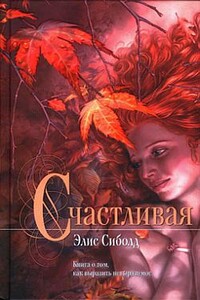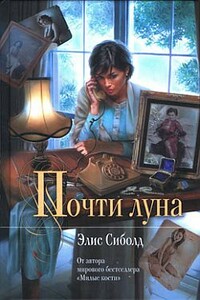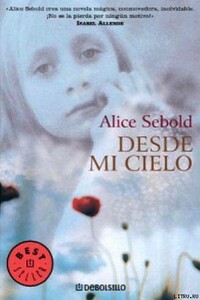As he scoured his body in the hot water of his suburban bathroom – one with the identical layout to the one Lindsey, Buckley, and I shared – his movements were slow, not anxious. He felt a calm flood him. He kept the lights out in the bathroom and felt the warm water wash me away and he felt thoughts of me then. My muffled scream in his ear. My delicious death moan. The glorious white flesh that had never seen the sun, like an infant’s, and then split, so perfectly, with the blade of his knife. He shivered under the heat, a prickling pleasure creating goose bumps up and down his arms and legs. He had put me in the waxy cloth sack and thrown in the shaving cream and razor from the mud ledge, his book of sonnets, and finally the bloody knife. They were tumbled together with my knees, fingers, and toes, but he made a note to extract them before my blood grew too sticky later that night. The sonnets and the knife, at least, he saved.
At Evensong, there were all sorts of dogs. And some of them, the ones I liked best, would lift their heads when they smelled an interesting scent in the air. If it was vivid enough, if they couldn’t identify it immediately, or if, as the case may be, they knew exactly what it was – their brains going, “Um steak tartare” – they’d track it until they came to the object itself. In the face of the real article, the true story, they decided then what to do. That’s how they operated. They didn’t shut down their desire to know just because the smell was bad or the object was dangerous. They hunted. So did I.
Mr. Harvey took the waxy orange sack of my remains to a sinkhole eight miles from our neighborhood, an area that until recently had been desolate save for the railroad tracks and a nearby motorcycle repair shop. In his car he played a radio station that looped Christmas carols during the month of December. He whistled inside his huge station wagon and congratulated himself, felt full-up. Apple pie, cheeseburger, ice cream, coffee. Full. Better and better he was getting now, never using an old pattern that would bore him but making each kill a surprise to himself, a gift to himself.
The air inside the station wagon was cold and fragile. I could see the moist air when he exhaled, and this made me want to palpate my own stony lungs.
He drove the reed-thin road that cut between two new industrial lots. The wagon fishtailed coming up out of a particularly deep pothole, and the safe that held the sack that held my body smashed against the inside hub of the wagon’s back wheel, cracking the plastic. “Damn,” Mr. Harvey said. But he picked up his whistling again without pause.
I had a memory of going down this road with my father at the wheel and Buckley sitting nestled against me – one seat belt serving the two of us – in an illegal joyride away from the house.
My father had asked if any of us kids wanted to watch a refrigerator disappear.
“The earth will swallow it!” he said. He put on his hat and the dark cordovan gloves I coveted. I knew gloves meant you were an adult and mittens meant you weren’t. (For Christmas 1973, my mother had bought me a pair of gloves. Lindsey ended up with them, but she knew they were mine. She left them at the edge of the cornfield one day on her way home from school. She was always doing that – bringing me things.)
“The earth has a mouth?” Buckley asked.
“A big round mouth but with no lips,” my father said.
“Jack,” my mother said, laughing, “stop it. Do you know I caught him outside growling at the snapdragons?”
“I’ll go,” I said. My father had told me that there was an abandoned underground mine and it had collapsed to create a sinkhole. I didn’t care; I liked to see the earth swallow something as much as the next kid.
So when I watched Mr. Harvey take me out to the sinkhole, I couldn’t help but think how smart he was. How he put the bag in a metal safe, placing me in the middle of all that weight.
It was late when he got there, and he left the safe in his Wagoneer while he approached the house of the Flanagans, who lived on the property where the sinkhole was. The Flanagans made their living by charging people to dump their appliances.





